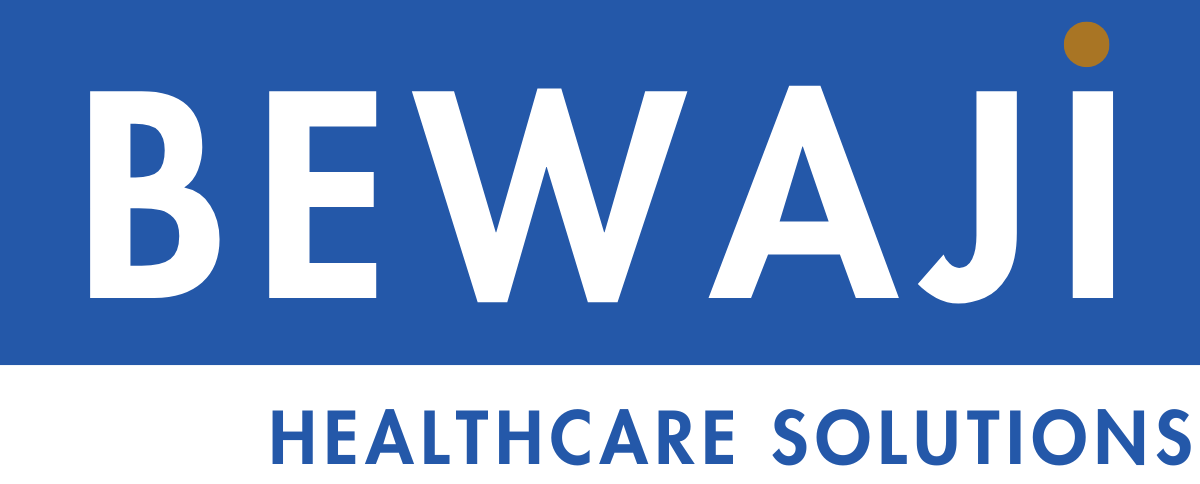In the bustling world of medical practice, where every second counts and patient outcomes hinge on precision and foresight, artificial intelligence (AI) emerges as a beacon of transformative potential. For small healthcare practices, this isn’t just an upgrade; it’s a reinvention of their operational DNA.
I. The AI Revolution in the Clinic
The journey into AI doesn’t start with technology; it begins with understanding. AI is more than a buzzword—it’s a suite of capabilities from analyzing diagnostic data to managing patient appointments with deftness. Consider the small clinic that leverages AI for demand forecasting of medical supplies—this isn’t a glimpse into the future; it’s a leap into a more efficient present.

II. Building the Foundations of AI in Healthcare
Before the first algorithm is deployed, a practice must take a scalpel to its operations, dissecting areas ripe for AI’s touch. Setting goals is crucial, but so is team education. It’s about nurturing a culture that doesn’t just tolerate innovation but craves it.
III. AI at the Bedside and Beyond
From the warmth of a chatbot greeting patients to the cool efficiency of inventory algorithms, AI’s applications in healthcare are manifold. Imagine a system that not only predicts patient flows but also allocates tasks to ensure no time is wasted. Predictive analytics can transform mountains of data into actionable insights for better patient care.
IV. Evaluating AI’s Vital Signs
In healthcare, as in business, what gets measured gets managed. KPIs and ROI analysis are the stethoscopes and blood tests for AI’s efficacy, providing the hard numbers to support the soft benefits. And as the practice grows, AI scales alongside, a silent partner in the quest for expansion.
V. Navigating the Minefield of AI Integration
The path to AI adoption is fraught with potential pitfalls—from data security breaches to the ethical quandaries of automated decision-making. Addressing these concerns head-on isn’t optional; it’s imperative, a matter of trust between patient and practice.
VI. Preparing for a Future Augmented by AI
The evolution of AI in medicine isn’t a one-time event but a continuous journey. It demands a commitment to lifelong learning, staying abreast of advancements, and being willing to adopt new tools that could revolutionize patient care.
VII. The Time to Act Is Now
For healthcare providers on the cusp of transformation, the message is clear: the future waits for no one. The integration of AI into medical practice should begin not tomorrow, not after extensive deliberations, but today—with an eye towards a future where AI and healthcare are inextricably linked.

